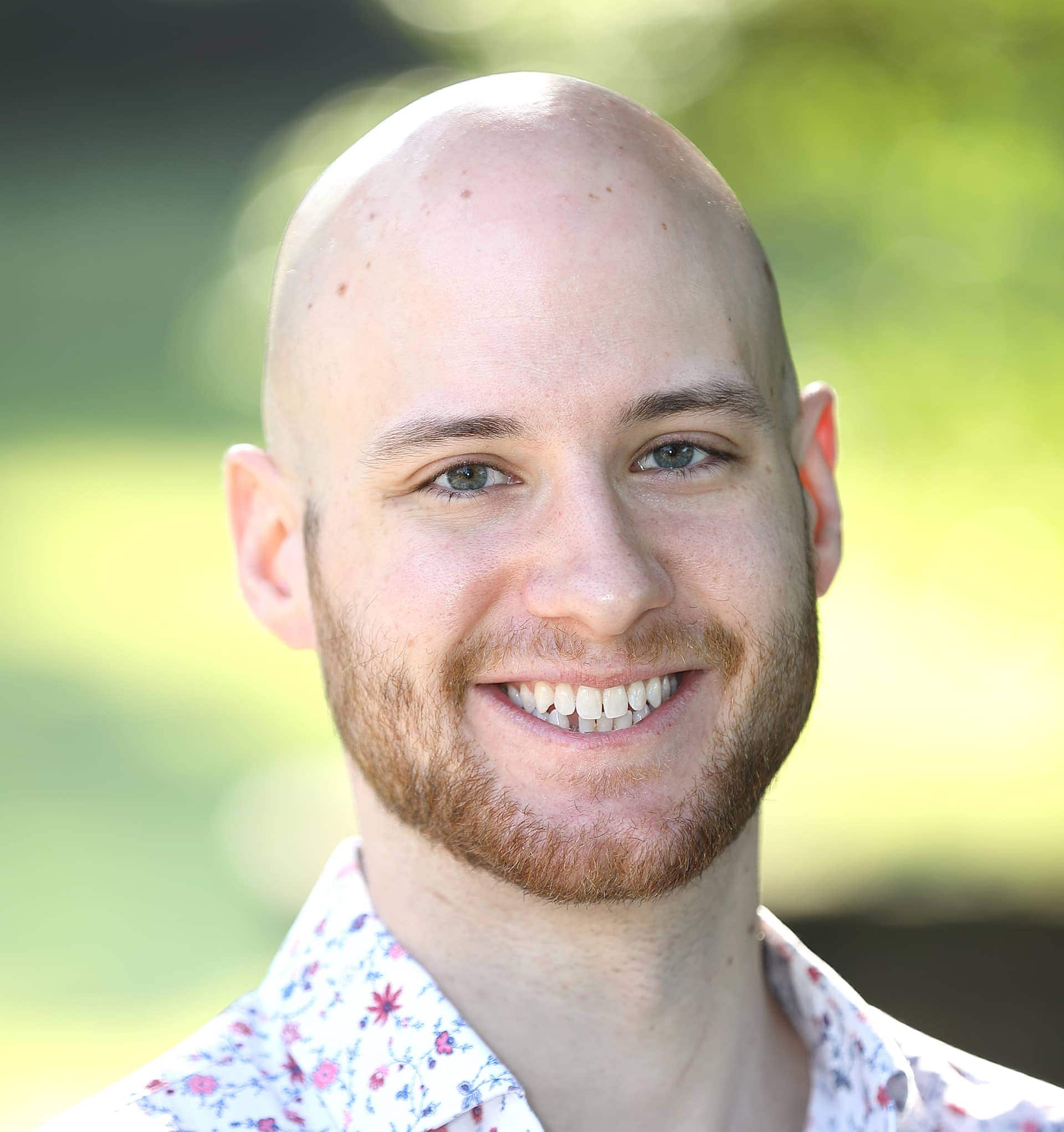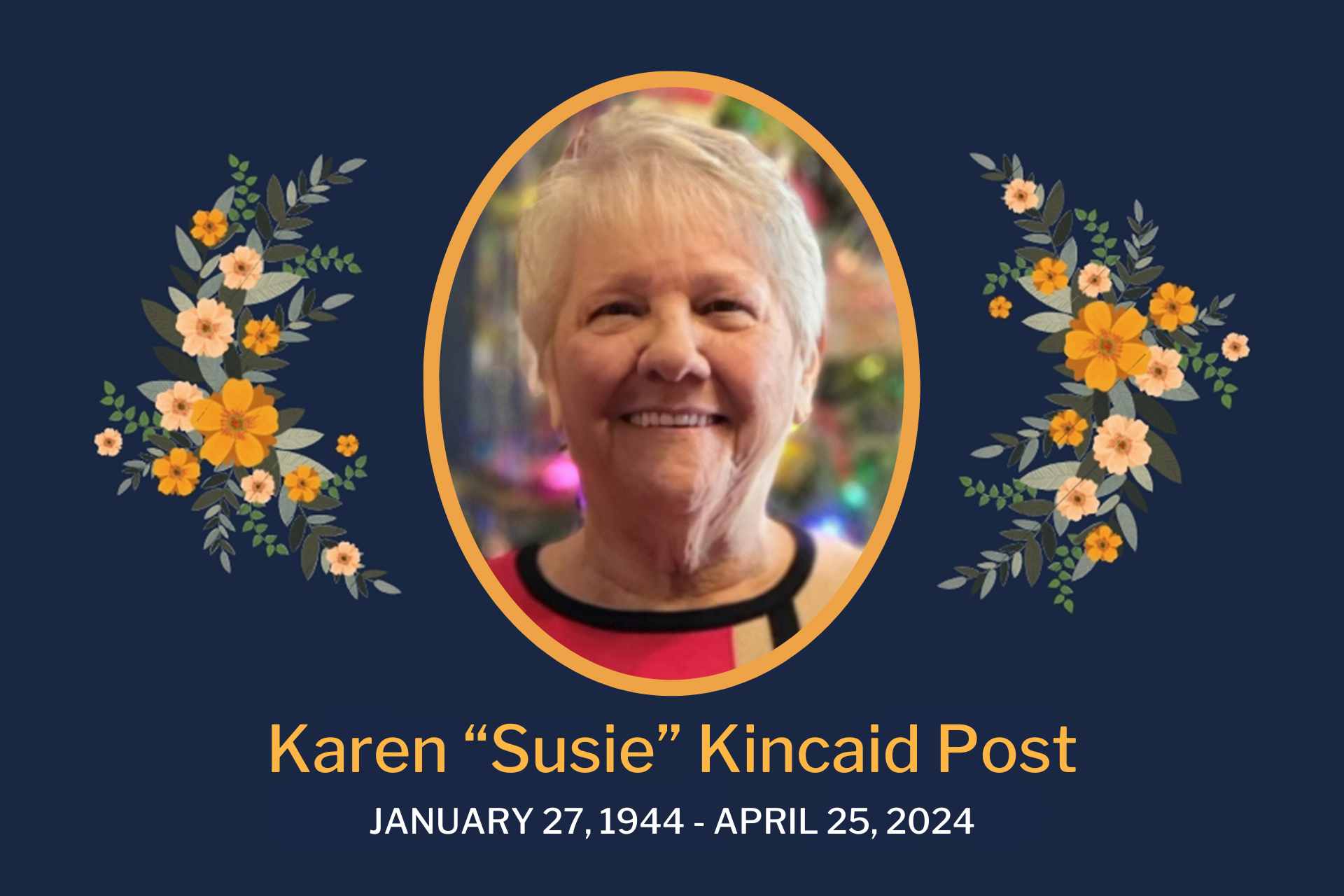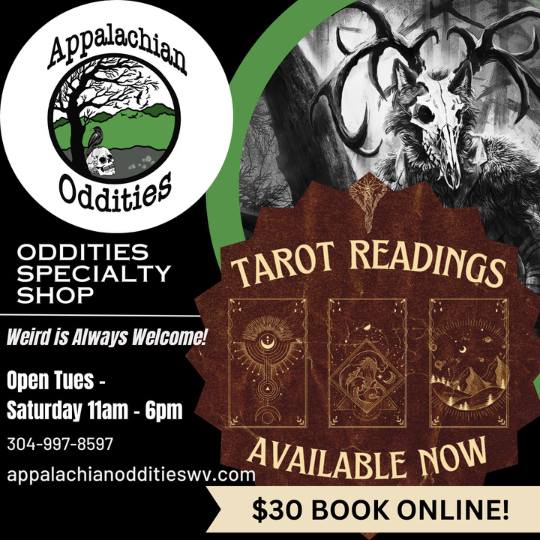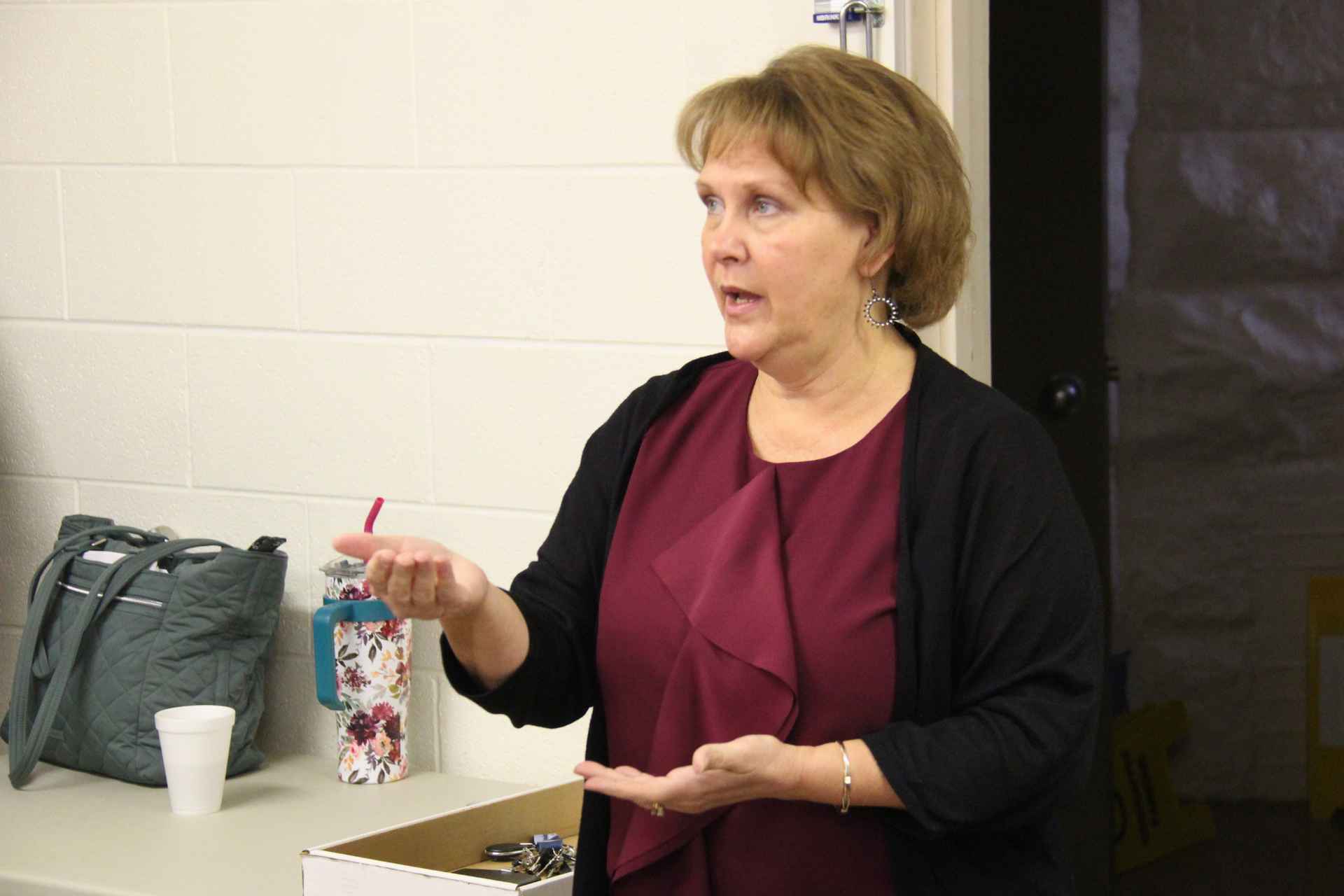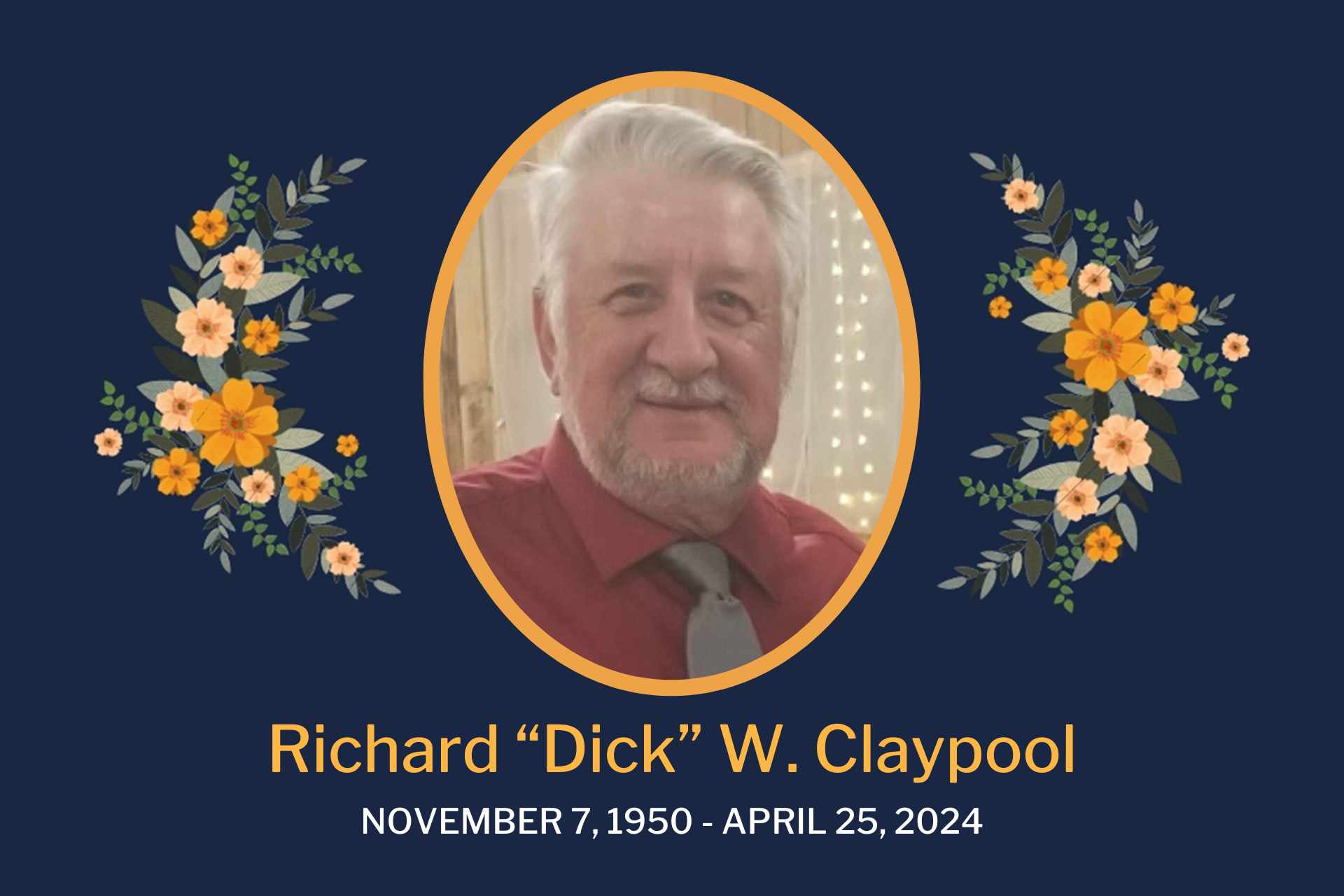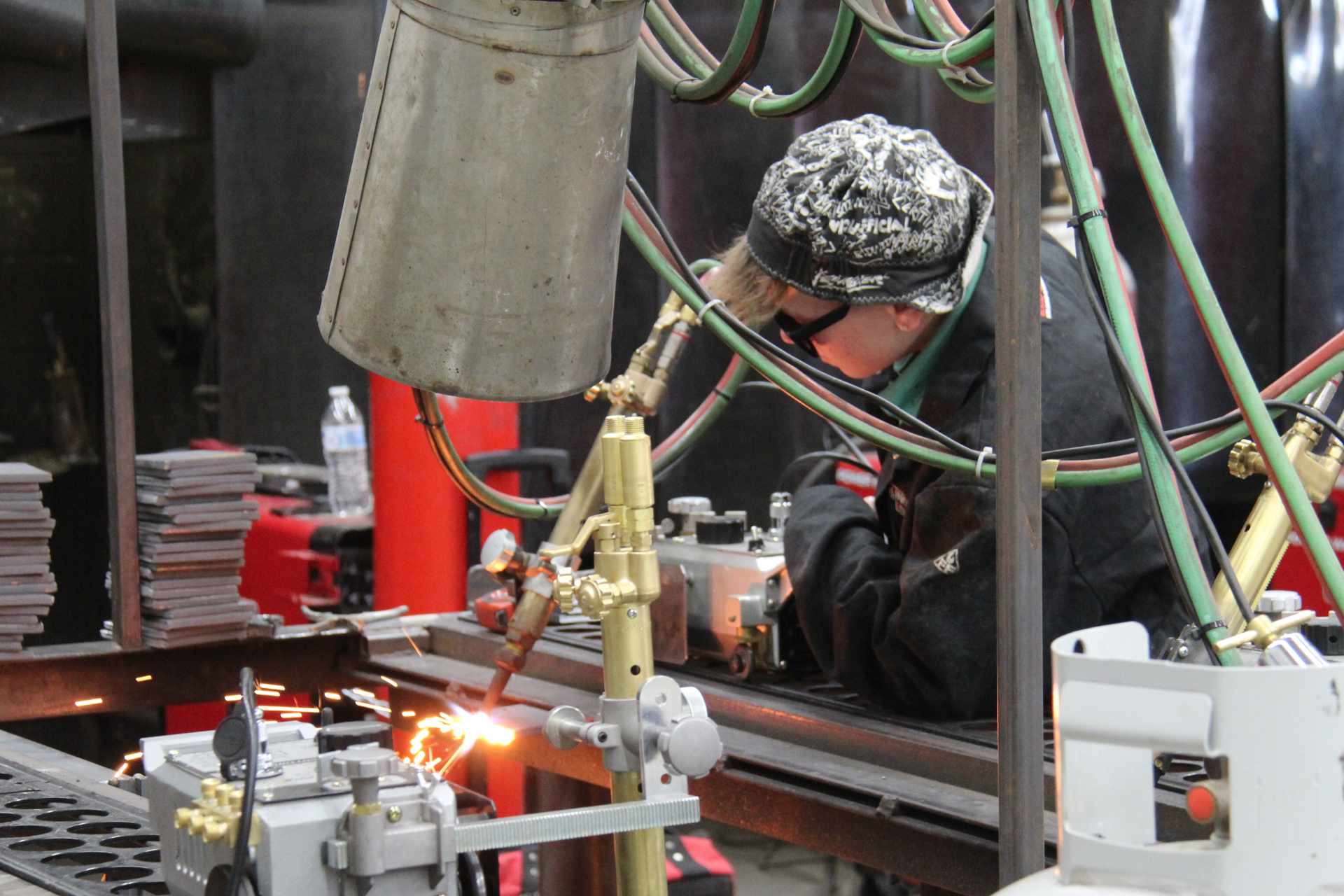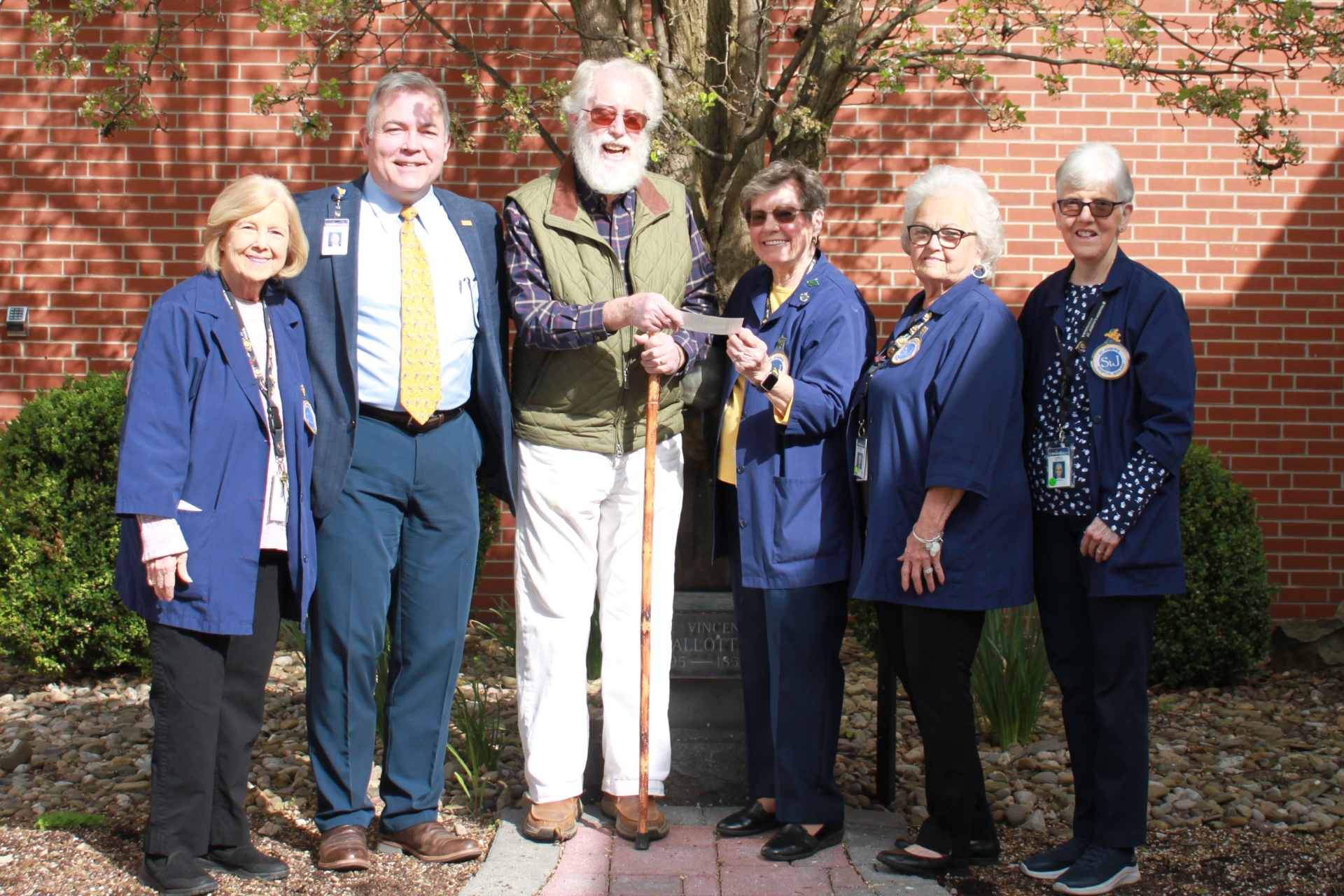Buckhannon, WV—Wesleyan alumnus Dr. Philip Adams will continue his Lyme disease research passion as an Independent Research Scholar at the National Institute of Health (NIH). The three-year appointment will provide him with the opportunity to develop a mentored, independent research group with the government agency.
The focus of Dr. Adams’s research group will be to study RNA-mediated regulation of the Lyme disease pathogen Borrelia burgdorferi. Dr. Gisela Storz, senior investigator at the NIH and a member of the National Academy of Sciences, will serve as his mentor and other investigators at the NIH will continue to mentor Adams and assist with his career development. “This is an exciting step for me to create my own research program on Lyme disease,” said Adams.
Since August 2017, the 2012 Wesleyan grad began a post-doctoral fellowship with Dr. Storz, which allowed him to continue his passion for Lyme disease research. Over his career, Dr. Adams has contributed to eight scientific publications. In October 2019, he was awarded a $195,000 grant from the National Institute of General Medical Sciences to characterize new mechanisms of Borrelia burgdorferi infectivity.
Adams’ passion for Lyme disease research began as an undergraduate student. “Wesleyan really shaped me into a passionate academic,” he noted. “I found the environment at Wesleyan so conducive for creativity, fellowship, inclusivity, and educational success.”
“I was extremely fortunate to work with professors in Wesleyan’s Biology and Environmental Science department,” Adams continued. “Dr. Melanie Sal recognized potential for me to succeed in scientific research. She infected me with her passion for bacteria through her clinically-driven microbiology lectures and interactive labs, which included identifying unknown bacteria species and making yogurt.”
“Most importantly, Dr. Sal introduced me to the mysterious bacteria, Borrelia burgdorferi, which causes Lyme disease,” added Adams. “During my sophomore year, I joined Dr. Sal’s research laboratory to fulfil the internship requirement for biology majors and was assigned to a project to investigate the biology of B. burgdorferi. At the time, I could not imagine that I would become so infatuated with this pathogen to one day obtain a Ph.D. at the University of Central Florida and a position at the National Institutes of Health, both with a focus on Lyme disease.”
Beyond the Oakland, MD, native’s strictly scientific endeavors at Wesleyan, he also was an active participant in the college’s Honors program and held numerous roles in plays and musicals directed by Tom Schoffler ’97, associate professor of theatre arts. “Coming out as a gay male in rural Appalachia was very stressful for me, Adams noted. “Theatre-work requires one to be vulnerable and think quick. Those experiences helped me embrace my true self while honing my skills to speak publicly. Tom was such an inclusive nature and was an inspirational mentor. I was also fortunate to be taught by Dr. Katharine Gregg, Dr. Jeanne Sullivan, and Dr. John Saunders who always challenged me and developed my critical thinking skills.”
After graduating from Wesleyan, Adams earned his Ph.D. in Biomedical Sciences, with a focus on Immunity and Pathogenesis in the lab of Dr. Mollie Jewett. His dissertation work focused on understanding the Lyme disease pathogen. “The Centers for Disease Control and Prevention (CDC) estimate up to 300,000 new cases of Lyme disease in the United States yearly,” stated Adams. “However, scientists do not understand the mechanisms of how B. burgdorferi cause disease. My dissertation used tick and mouse infection models to better understand the bacterial components that lead to Lyme disease.”
Adams’ research at Central Florida was featured at several international conferences. He was awarded the UCF Graduate Dean’s Dissertation Completion Fellowship and a Graduate Research Fellowship for his dissertation work.
Dr. Adams’s long-term career goal is to lead a research group that investigates bacterial infections, specifically Lyme disease and other similar pathogens.
